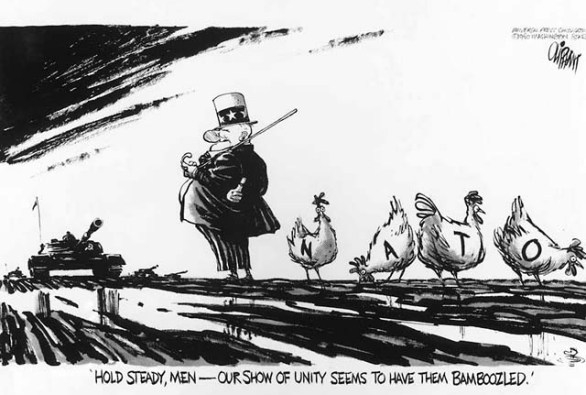“Enemies Within,” feels like it’s based on current events, though it was set in the 1990s.
 Sometimes, you just need to leave work early to see the Oscar-nominated live action short films
Sometimes, you just need to leave work early to see the Oscar-nominated live action short films
“Mindenki,” Hungary (25 minutes)
This was the Oscar winner, and certainly worthy. The title translates to “Sing,” but it oughtn’t to be confused with another, full-length, animated recent film of the same name.
Reportedly based on a true story, young Zsofi (Dóra Gáspárvalvi) enrolls in a new school best known for its lauded children’s choir, which is great, because Zsofi loves singing. Her mother, the principal and her new friend Liza (Dorka Hais) encourage her to join the troupe. But Zsofi runs into a snag.
I love the music, and the world of competitive choir, and it has a nifty ending. But the most engaging part of the film is the friendship between the shy Zsofi and the cool Liza.
“Silent Nights,” Denmark (30 minutes)
Aske Bang’s third short starts off strong. Malene Beltoft (Inger) is a kindhearted worker for the Salvation Army homeless shelter worker. One of her clients is a Ghanaian immigrant named Kwame (Prince Yaw Appiah). They strike up a romance.
The film’s first half addresses the difficulty many immigrants, including Kwame, have in wanting a better life. But there may be way too much story at the back end to be credible. Still, I found the couple intriguing.
“Timecode” (Spain, 15 minutes)
Juanjo Giménez Peña won the Palme d’Or for this. Luna (Lali Ayguadé) and Diego (Nicolas Ricchini) work in a parking garage in 12-hour shifts. Pretty boring, with polite but minimal interaction between the two only at the shift change.
Then Luna discovers that Diego has a hobby. Eventually, the two soon start using the expansive video surveillance system to swap videos. It was a minor piece but with some charm, especially if you appreciate the moves.
“Ennemis Interieurs,” France (28 minutes)
Sélim Azzazi’s film, translated “Enemies Within,” feels like it’s based on current events, though it was set in the 1990s. It takes almost entirely inside a dim immigration office. Hassam Ghancy is an unnamed Algerian-born Frenchman hoping to procure official citizenship. Najib Oudghiri is the likewise unnamed official who essentially plays the good cop AND the bad cop at different points.
For a movie mostly confined to one location, it was quite affecting. Ghancy’s character showed fear and indignation from the interrogator’s questions. Probably the best of the five.
“La Femme et la TGV,” Switzerland (30 minutes)
Timo von Guten’s film is the most quirky of the features. Jane Birkin, who’s been in quite a few movies you may have seen, is the femme, a melancholy baker in a tiny French town. Her only joy is to wave at the TGV train when it goes by twice a day at 185 mph.
A train conductor sends her a note, tossed off the speeding train and landing in her yard, thanking her for her daily greetings. A correspondence is struck up between the pair, but not on “the Internets,” which she actively avoids.
There is a relationship based on more tossed packages, stuffed with cheese, and carefully written letters which eventually forces her to take action unusual from her predictable life. The solution was there but she couldn’t see it before. I liked it, though it may be a tad long. It’s based on a true story.
Here are trailers for Oscar-nominated live action short films. Most of the movies are in subtitles. I did not find them out there for free, only for a fee.





